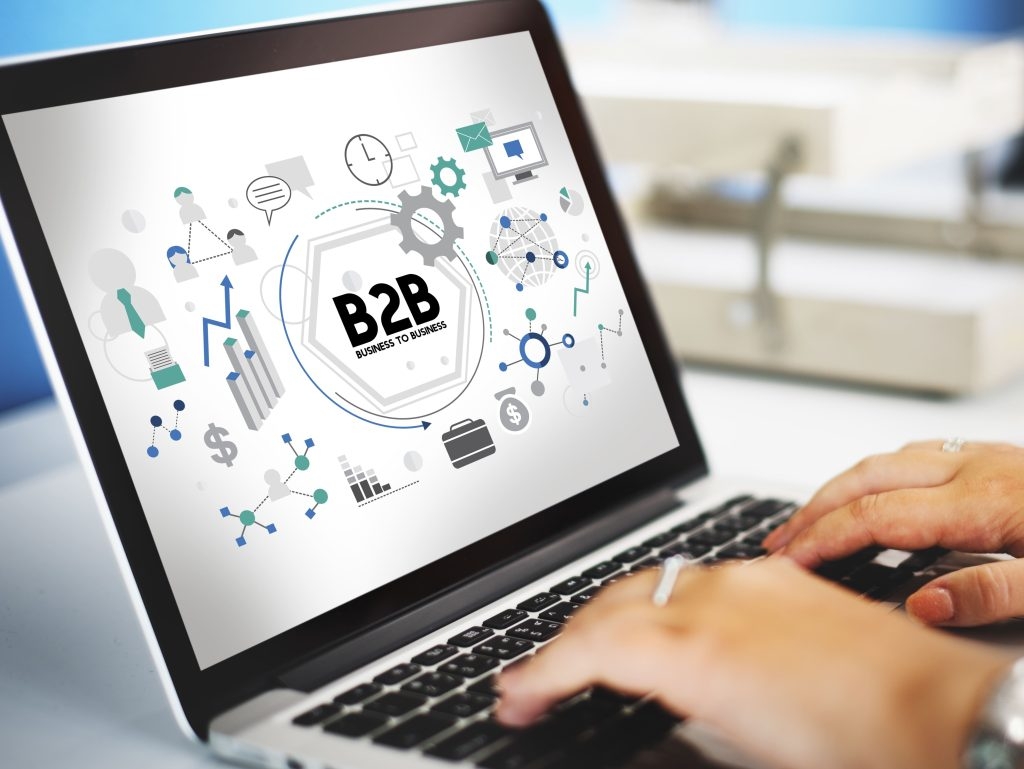B2B Panel for Market Research

In today’s business world, market research is crucial to success. Business-to-business (B2B) companies need to understand the needs and wants of their customers to develop effective marketing strategies and improve their products and services. One way to gain this insight is through a B2B panel for market research.
A B2B panel is a group of business professionals who are willing to participate in market research studies. These individuals can come from a variety of industries and job functions, making them a valuable resource for companies looking to better understand their target market.
There are several benefits to using a B2B panel for market research. First, panels provide a targeted sample of participants. Companies can choose panelists based on specific criteria, such as industry, job function, or company size. This allows businesses to gather data from a group that closely resembles their target market.
Another benefit of using a B2B panel is that it can be cost-effective. Instead of paying for expensive market research studies, companies can work with a panel provider to access a group of pre-screened participants. This can save businesses time and money, while still providing valuable insights.
B2B panels can also offer a faster turnaround time than traditional market research methods. Because panelists have already agreed to participate in studies, companies can quickly collect data and analyze results. This can be particularly helpful for businesses that need to make decisions quickly.
To get the most out of a B2B panel, it’s important to choose the right provider. There are many companies that offer panel services, but not all are created equal. When choosing a provider, businesses should look for one that has experience in their industry and can provide a high-quality sample of participants.
It’s also important to ensure that the panel provider has a robust recruitment process. Panelists should be pre-screened to ensure that they are legitimate and willing to participate in studies. They should also be incentivized to participate, whether through monetary rewards or other incentives.
Once a B2B panel is in place, businesses can use it to conduct a variety of market research studies. One common use is to conduct surveys to gather information about customer preferences and behavior. Surveys can be sent to panelists via email or through a dedicated platform.
Another way to use a B2B panel is to conduct focus groups. These sessions bring together a group of panelists to discuss a specific product or service. Focus groups can provide valuable qualitative data, as participants can offer in-depth insights and feedback.
B2B panels can also be used to conduct interviews with key decision-makers. These interviews can provide valuable information about the purchasing process and decision-making criteria. They can also be used to gather insights about industry trends and challenges.
In addition to gathering information, B2B panels can be used to test new products and services. Panelists can be asked to try out a new product or service and provide feedback. This can help businesses refine their offerings and improve customer satisfaction.
To ensure that a B2B panel is effective, it’s important to keep participants engaged. Panelists should be regularly updated on the progress of studies and should be incentivized to participate. This can include monetary rewards, access to exclusive content, or other perks.
It’s also important to maintain the quality of the panel. Panelists should be regularly screened to ensure that they are still a good fit for the panel. They should also be removed if they fail to participate in studies or provide low-quality responses.
In conclusion, a B2B panel can be a valuable tool for market research. By providing a targeted sample of participants, a panel can help businesses better understand their target market and develop effective marketing strategies. To get the most out of a panel, it’s important to choose the right provider, keep participants engaged, and maintain the quality of the sample.
- Industry
- Art
- Causes
- Crafts
- Dance
- Drinks
- Film
- Fitness
- Food
- Games
- Gardening
- Health
- Home
- Literature
- Music
- Networking
- Other
- Party
- Religion
- Shopping
- Sports
- Theater
- Wellness
- News


